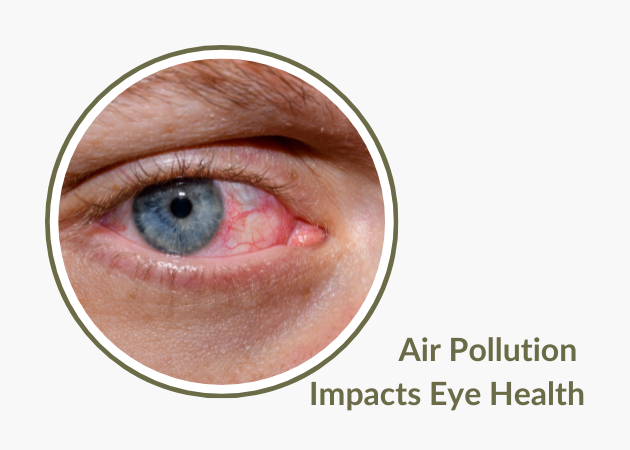
Close-up of red apples in a basket. The apples Have natural variations in color and texture, showcasing a mix of reddish hues and green patches. Some of the apples have visible blemishes, reflecting their organic and unprocessed state. The lighting is soft and warm, highlighting the rustic and fresh appeal of the apples. Photo by Priscilla Du Preez 🇨🇦 on Unsplash.
Did you know that the apples you enjoy might soon face serious challenges because of rising temperatures?
Apples, one of the most beloved and healthiest snacks, are under threat. As climate change reshapes weather patterns, it’s also impacting how—and where—our food grows. These changes affect not just apples but many of the healthy foods we rely on every day. Understanding this issue is crucial for anyone who cares about their health and the environment. Let’s dive into how climate change is affecting your food.
The Science Behind the Problem
How Climate Change Impacts Agriculture
Climate change is causing shifts in temperatures, rainfall, and weather patterns worldwide. For agriculture, this means disrupted growing cycles, extreme heat, and unpredictable frosts—all of which create challenges for crops. Perennial crops like apples are particularly vulnerable because their growth depends on consistent weather conditions year-round.
Apples as a Case Study
Apples provide a clear example of how climate change affects food production. Scientists have identified six key climate factors that influence apple growth, including:
- Extreme Heat Days: Days when temperatures exceed 93°F can cause sunburn on apple skins, reducing their quality.
- Warm Nights: Nighttime temperatures above 59°F can prevent apples from developing their rich red color, making them less appealing to consumers.
- Reduced Chill Portions: Apples need cold periods during winter to rest and prepare for spring growth. Warmer winters mean fewer of these essential chill hours.
- Earlier Frost-Free Days: While this might sound good, it can disrupt the natural bloom cycle, increasing the risk of frost damage later.
Yakima County in Washington, one of the leading apple-producing regions in the U.S., has seen harmful trends in five of these six metrics. These changes reduce apple yield, size, color, and taste—qualities that make apples a staple in healthy diets.
Why It Matters to You
Health Implications
Changes in food production can directly impact your diet. When apples face extreme heat or warm nights, they may lose their flavor and nutritional value. Reduced availability of high-quality apples could make healthy eating more expensive or harder to achieve.
Environmental Concerns
When crops like apples struggle, farmers must use more resources to maintain production. This includes water for cooling trees during heatwaves or energy to run protective equipment. These added measures can increase the carbon footprint of growing food, contributing further to climate change—a cycle that’s tough to break.
Actions Being Taken
Adaptation by Farmers
Farmers are already finding ways to adapt. Here are some strategies being used:
- Netting: Covers are placed over apple orchards to protect fruit from sunburn.
- Evaporative Cooling: Spraying water on trees helps lower their temperature during heatwaves.
- Crop Diversification: Planting heat-resistant apple varieties or other crops reduces risk.
Scientific Research and Innovation
Researchers are also stepping in. A $6.75 million USDA-funded project is helping farmers mitigate extreme climate events. This initiative includes studying how to adapt apples and pears to new growing conditions across the U.S., starting with Washington State. Scientists are working to find long-term solutions that keep crops productive despite challenging conditions.
How You Can Help
- Support Sustainable Practices: When you buy apples and other produce, look for labels that indicate sustainable farming practices. Supporting local farmers who prioritize environmentally friendly methods can make a big difference.
- Reduce Food Waste: Every piece of wasted food represents water, energy, and labor lost. By planning meals carefully and storing apples properly, you can reduce waste and lessen the strain on farmers already coping with climate challenges.
- Advocate for Change: You don’t have to be a farmer to make a difference. Get involved in climate-friendly initiatives or share this information with others. Raising awareness about how climate change affects food can inspire collective action and support for sustainable practices.
Summing Up
Climate change is reshaping how and where our food is grown, with apples as just one example of a crop under threat. The impacts go beyond the farm, influencing your health, your wallet, and the environment. But there’s hope—farmers, scientists, and consumers can work together to protect our environment and food supply.
Source: Preston, S., Rajagopalan, K., Yourek, M., Kalcsits, L., & Singh, D. (2024). Changing climate risks for high-value tree fruit production across the United States. Environmental Research Letters, 19(12), 124092.


